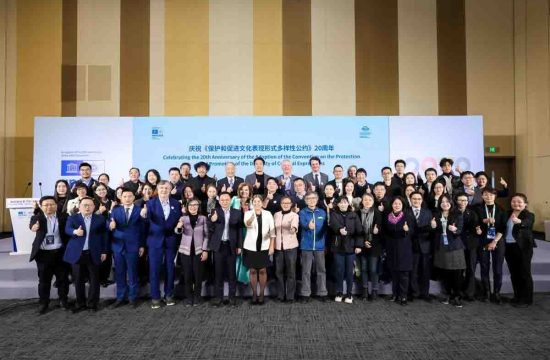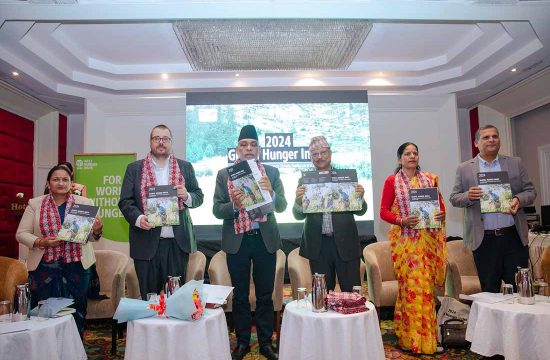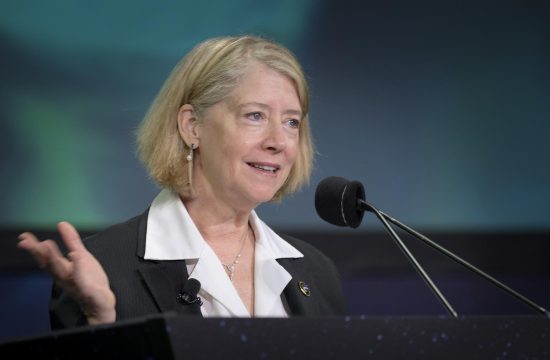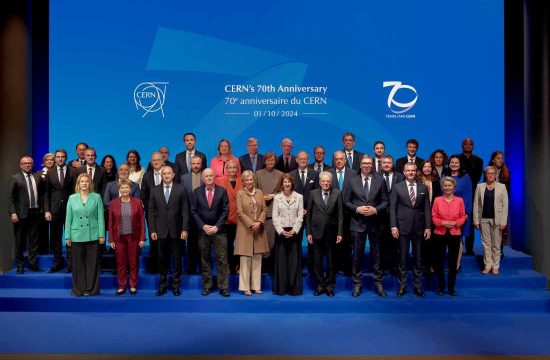MADISON, Wis. – After a jury trial in federal court, the Wisconsin Alumni Research Foundation (WARF) won a jury verdict against Apple Inc. The jury found that Apple infringed a WARF owned patent (U.S. Patent No. 5,781,752 (the ‘752 patent)) claiming an invention that significantly improves the efficiency and speed of computer processing. At the end of the two-week trial, after the jury concluded Apple’s A7, A8 and A8X system on chip designs infringed the asserted claims of the ‘752 patent, it awarded WARF damages of $234 million dollars.
WARF filed the patent infringement suit against Apple Inc. in 2014 in federal court in the Western District of Wisconsin. WARF’s claim was that Apple Inc. had used the technology to speed computer processing by allowing the efficient out-of-order execution of computer instructions with a data speculation circuit that WARF itself had patented several years earlier. The U.S. Patent and Trademark Office issued the patent to WARF in 1998 on behalf of UW-Madison Computer Science Professor Gurindar Sohi and three graduate students – Andreas Moshovos, Scott Breach, Terani Vijaykumar.
“This is a case where the hard work of our university researchers and the integrity of patenting and licensing discoveries has prevailed,” said Carl Gulbrandsen, managing director of WARF. “The jury recognized the seminal computer processing work that took place on our campus. This decision is great news for the inventors, the University of Wisconsin-Madison and for WARF.”
“The University of Wisconsin has a long history of creative innovation across many fields,” says Michael Falk, WARF General Counsel. “WARF invests in patenting UW inventions for the benefit of the UW and the public. It is a serious matter for us to undertake litigation to protect the UW’s patented inventions. It is important to faculty and to the UW that patented, innovative technologies developed on campus are protected from unauthorized use.”
In the two-phased trial, the federal jury first found that Apple Inc. did, in fact, infringe the asserted claims of WARF’s ‘752 patent. They also found the asserted claims to be valid. The issues of infringement and validity took the jury six hours to deliberate in WARF’s favor. “The jury did an incredible job grappling with the complex technology, and we’re grateful for their effort and ultimately for the well-deserved respect that this groundbreaking work by faculty and graduate students at the University of Wisconsin Madison received,” commented Falk.
“We believed our technology was ahead of its time,” said Professor Gurindar Sohi, UW researcher. “Almost two decades ago we tried to anticipate how computers would need to operate today. Our team invested the equivalent of more than 11 years of work to solve this problem.”
In the second phase of the trial, the jury awarded WARF $234 million dollars in damages.
Some of the Apple products that benefited from the WARF patented technology include Apple’s A7, A8 and A8X processors which are found in the iPhone 5s, 6 and 6 Plus, as well as several versions of the iPad. Apple first introduced the iPhone in 2007 and the iPad in 2010.
“For 90 years, WARF has helped UW faculty take intellectual property, patent it and reinvest the licensing fees from those patents back into research and education at the University of Wisconsin-Madison,” said Gulbrandsen. “Although patent verdicts like this one are typically appealed, we hope to continue to work with Apple to resolve this matter and build a stronger relationship between our two institutions.”
About WARF
WARF is the nonprofit foundation that serves as the technology transfer arm of the University of Wisconsin-Madison by patenting and commercializing campus inventions. Established in 1925 and celebrating its 90th anniversary, WARF manages more than 1,600 licensing agreements and an endowment of $2.6 billion. WARF invests in the University of Wisconsin-Madison by advancing groundbreaking research and graduate education through regular financial, intellectual and legal support to UW-Madison researchers. For more information about WARF, visit warf.org








